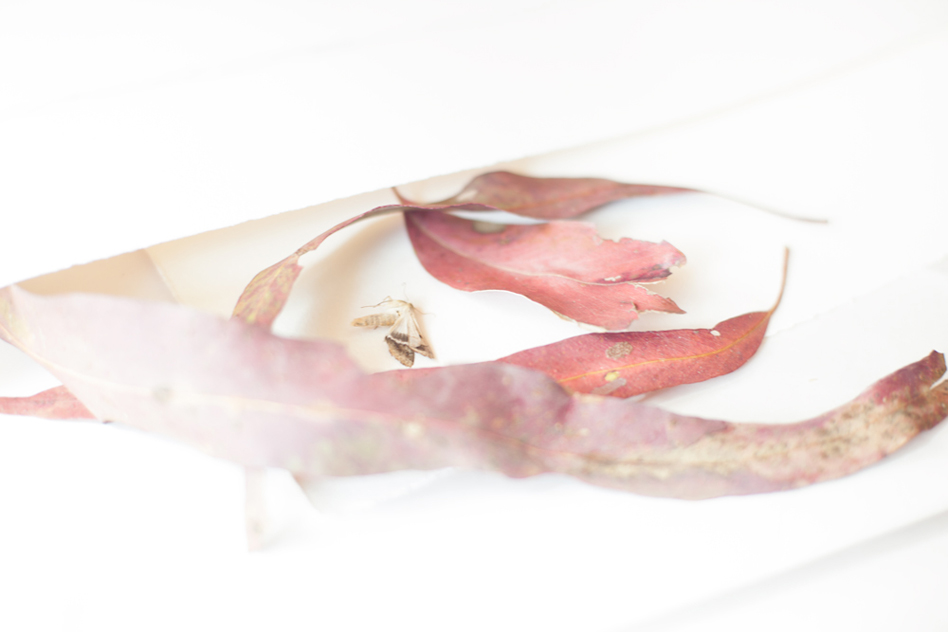()
Before I took the trip to Bogong, in Melbourne I talked with Tiriki (whose name means joy and happiness in his language of Yorta Yorta people in Victoria) about the untranslatability between aboriginal languages and English, and Japanese and English. The gap between these languages are more significant than distances among European languages. By having hundreds of aboriginal languages, in old days, people leant each other’s languages and never had a common language to communicate. On contrary, today, contemporary aboriginal people use English in order to discuss the reconciliation and the reclaiming of their cultures (plural). In this instance, the meaning of their cultures can never be fully brought to the presence as the key concepts translated into English are, to the great degree, reduced, in conveying their original meaning and their significance in aboriginal cultures: such as ‘dream time’ and ‘song line’. It is a true challenge, as Tiriki claim that the language is the identity. It is staged and connected to the country.
But this challenge interests me. Not only because I as a Japanese can relate to the difficulties to some degree, but also because I am genuinely interested in the place which is now called Australia as a country. There are many languages that belong to those who live in the country, including aboriginal languages, European languages and Asian languages. For some (like Tiriki) it is there everyday in their lives, while they also speak the common language, English. For others, it is not there any longer as spoken and written languages, but it can be observed still in the way they think, their body is shaped, they taste things, they behave and sense the environment, or nature. This time I was with people with different background. These people, as well as myself, have another language on top of these. That is the language of art. In my case, It is a kind of language that is ‘poetic’. That is untranslatable, but it instead prompts transformation and metamorphoses in-between the space of subject and object.

Last morning a moth began to enter into the realm of death in front of me, near the cabin window where I stay. I placed her/him on the drawing paper with leaves that I had collected in Mt.Bogong last Monday. She was still moving very slowly in every several minutes or so. This noon, when I came back to see her (I decide now that it is her), she was in the different pose under the leaves. They way she appeared made me realized that she had left this side of the realm. Earlier this morning, I was looking at my butterfly that I carry around with me in the last several years (originally from Chile, weaved by the indigenous people). She was sitting on a sheet of paper, printed Japanese text written by the artist for whom I translated the talk_particularly memorable as it was like a poetry read spontaneously. And behind this paper, there was the book, an anthology of Reiner Maria Rilke’s poetry. I was reminded the night elegies of Duine Elegies in which he writes about transformation, which is translated into Japanese as ‘転移’, meaning more like ‘transference’. The moth who was dying, in that process, I felt that her soul was transferred to the butterfly I brought in, onto which I project myself. Or to be more precise, she transferred into myself as I now feel that I can fly a little bit better, more freely as a human, as an artist, from here to there. This is a kind of embodied poetry, the language of art that I experienced this time.That should be expressed in the works I will compose based on the materials that I have encountered and collected here, and in reference to the inspirational dialogues with other artists here who have different ‘languages’ from mine, both linguistically and artistically. Yes, indeed, I feel very much transformed and metamorphosed by all of these. As a way to thank the mountains, the residency, the other artists, the locals, birds, dams, creeks….. and the moth, here I would end my entry with the last section of The Ninth Elegies from Rainer Maria.
- qAAAAAAAAAAAAAAAAAAAAAAAAAAAAAAAAAAAAAAAAAAAAAAAAAAAAAAAAAAAAAAAAAAAAAAAAA
Erde, ist es nicht dies, was du willst: unsichtbar
in uns erstehn? - Ist es dein Traum nicht,
einmal unsichtbar zu sein? - Erde! unsichtbar!
Was, wenn Verwandlung nicht, ist dein drängender Auftrag?
Erde, du liebe, ich will. Oh glaub, es bedürfte
nicht deiner Frühlinge mehr, mich dir zu gewinnen-, einer,
ach, ein einziger ist schon dem Blute zu viel.
Namenlos bin ich zu dir entschlossen, von weit her.
Immer warst du im Recht, und dein heiliger Einfall
ist der vertrauliche Tod.
Sicehe, ich lebe. Woraus? Weder Kindheit noch Zukunft
werden weniger…..Überzähliges Dasein
entspringt mir im Herzen.
Earth, isn’t this what you want: to arise within us,
invisible? Isn’t it your dream?
to be wholly invisible someday? - O Earth: invisible!
What, if not transformation, is your urgent command?
Earth, my dearest, I will. Oh believe me, you no longer
need your springtimes to win me over - one of them,
ah, even one, is already too much for my blood.
Unspeakably I have belonged to you, from the first.
You were always right, and your holiness inspiration is our intimate companion, Death.
Look, I am living. On what? neither childhood nor future
grow any smaller ….. Superabundant being
well up in my heart.